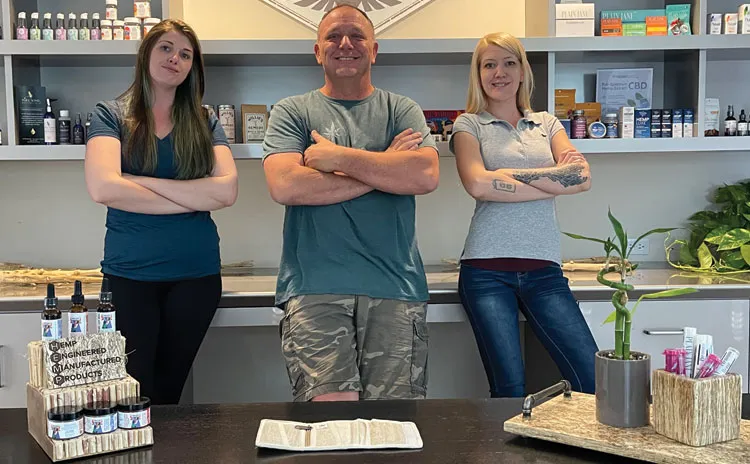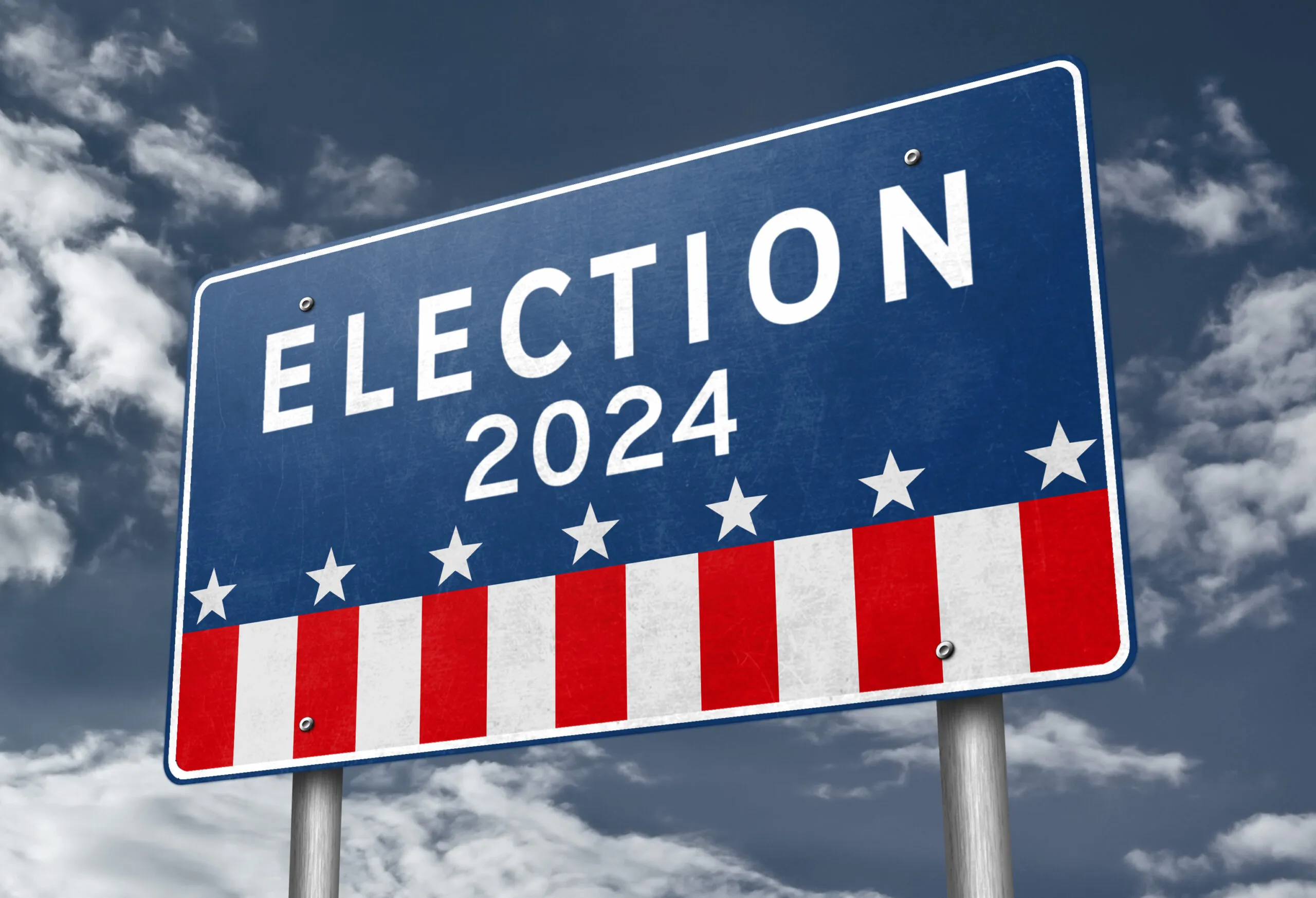Hemp broker connects producer, retailer

BOULDER — The job of the broker in most industries involves connecting producers with markets. In the nascent hemp industry, it wasn’t until the past couple of years that buyers and sellers of hemp products had that representation.
With stand-alone CBD stores on many corners and a plethora of products available in retail shops ranging from mainline grocers to neighborhood bodegas, the consumer might not see the need for brokerage services. The product is out there, isn’t it?
How it got there, and whether it is a quality product, was the issue.
Jeff Cole, founder of U.S. Hemp Brokerage based in Boulder, came…
THIS ARTICLE IS FOR SUBSCRIBERS ONLY
Continue reading for less than $3 per week!
Get a month of award-winning local business news, trends and insights
Access award-winning content today!




